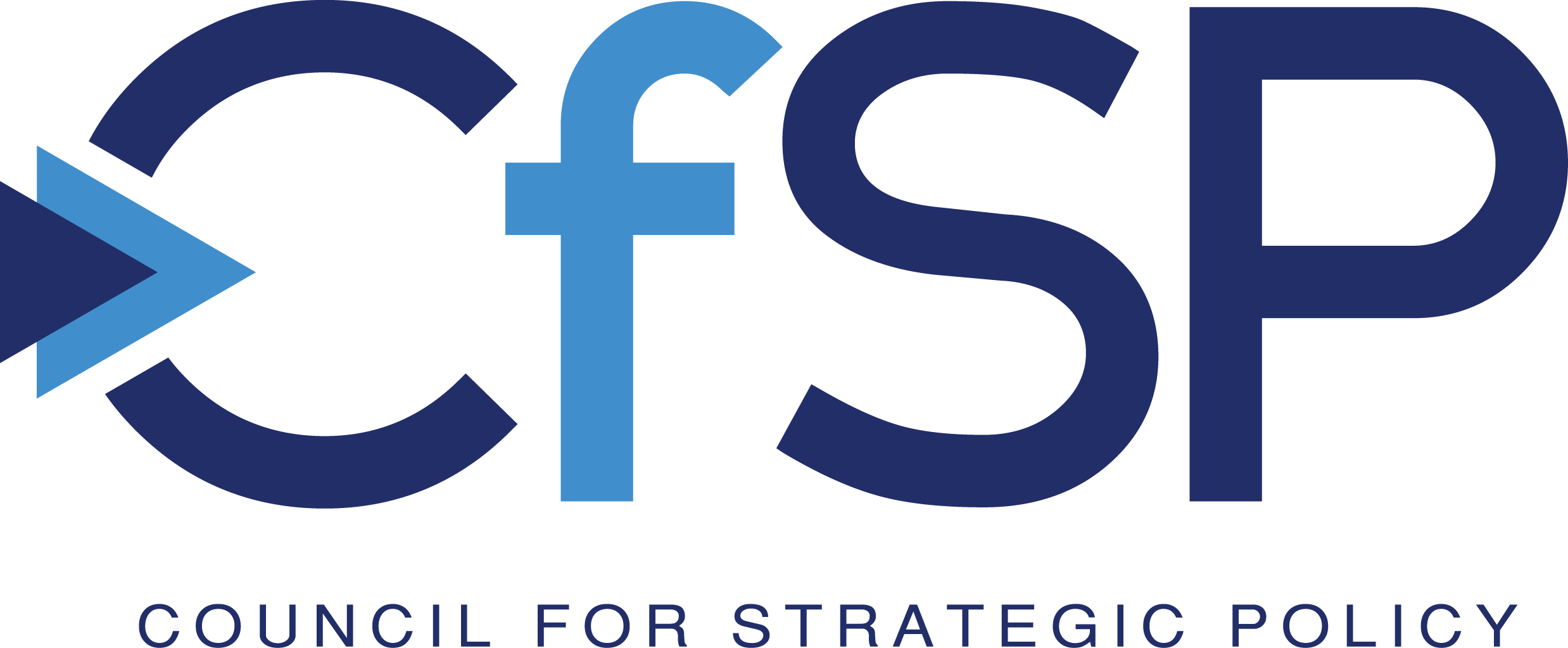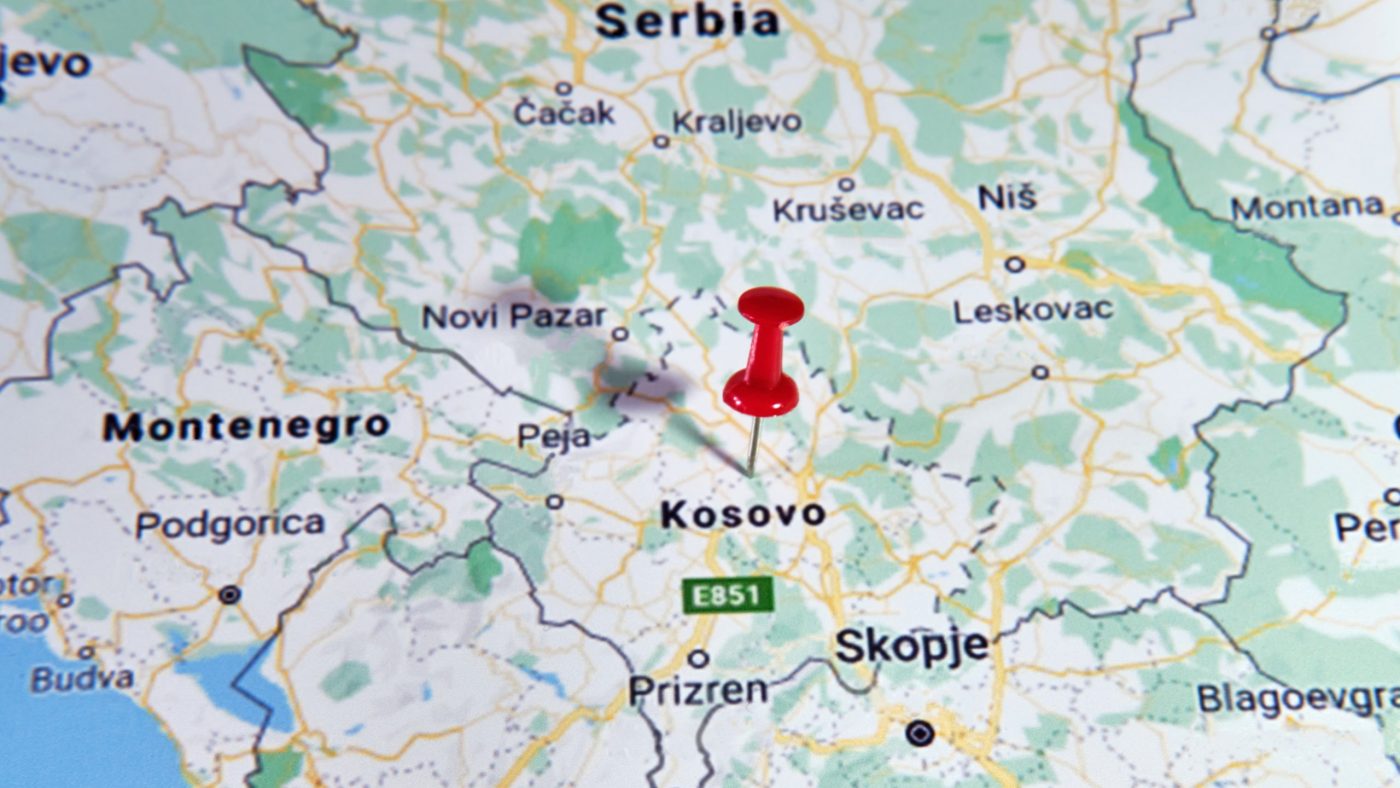There is no historic YES here, but we could have a historic NO that would get us into trouble the likes of which we haven’t seen since 2000. It is interesting to see the almost identical attitudes of the representatives of the populist parties of the opposition towards this concept and how they have united in the aim of not reaching any solution. This tells us that the cards of various interests are currently mixed up over Kosovo, some of which wish for armed conflicts, as often reported by Moscow media, notes Dragan Šutanovac, president of the Council for Strategic Policy and former Minister of Defense, for Danas.
Is there anything new the public could have heard on the policy towards Kosovo from the President of Serbia during the parliamentary discussion held on Thursday and Friday?
In addition to the conclusion that the government understands the necessity of further talks, the fact that the Western partners are determined to continue in finding a solution during the negotiations, and that they are determined to make progress this time, leaves the biggest impression. The war in Ukraine opened many issues in Europe, from security, energy stability… to the situation in the Western Balkans, where the burning problem could be seen in the relations between Belgrade and Pristina. For the first time, it was clearly stated that if further progress is blocked, both sides will bear the consequences, and this is an alarm bell that must activate all political actors in the country to approach the problem and find a solution in a much more serious way. I would also emphasize the announcement of the possible introduction of sanctions against Russia, which would be a very difficult, but in my opinion, right decision. We hear that surrender is not an option, but status quo equals decline.
How would you rate the behavior of the so-called patriotic and so-called pro-European opposition? Do any of them have any plans or solutions?
A part of the opposition has given itself the right to call itself patriotic, although their actions have nothing to do with patriotism, but rather reflect a pure political struggle, not with the government, but above all with competition within the opposition. Therefore, instead of competing with solutions in the creation of a better political offer, they decided to marginalize and paint the pro-European opposition in the colors of treachery, meanwhile declaring themselves as the exclusive opposition that cares about the country and the people. They succeeded to a good extent because most of the pro-European parties in the parliament decided to compete in outbursts of populism, and not in the promotion of their political programs. The citizens had the opportunity to see the obvious deficit of solutions. Even if I have, somehow, understood the populist parties and their intentions, and I would never support them, I must admit that I did not understand the performances of the parties that I would have supported if they had stuck to their original policies.
In your opinion, in what phase of resolving the Kosovo dispute are we currently, or rather, this is no longer a phase but an unraveling?
The EU is more united than ever when it comes to Kosovo. The fact is that the five member states that do not, and it is more likely that they will not, recognize the independence of Kosovo are supporting the platform for talks, giving new strength to the proposal, and introducing a new dynamic into the negotiations. However, the time frame is not limited, thus there is a lot of space for annexing proposals, and it is to be expected that the agreement itself will be finalized during the next year. On the other hand, the question arises as to what the final outcome consists of, and this is where Pristina finds itself in a complex position, which Kurti obviously recognizes and therefore does his best to obstruct any progress. Following the rejection of the license plate agreement, EU and US officials took a different attitude towards the authorities in Pristina, and for the first time, Serbia is not to be blamed for the situation on the ground. It is similar to Kurti’s refusal to form the Association of Serbian Municipalities (ASM), and it is up to us to use that moment and impose solutions that are extremely important for the Serbs in Kosovo, and which the West will not reject.
Do you expect that Kurti will establish the ASM and what is his political future if he refuses?
These days, a photo of Kurti from his student days appeared on social networks. Around that time in 1998, we met at a gathering of young politicians organized by a Swedish non-governmental organization, the theme of the gathering being reconciliation and the creation of better relations among young people in the region. I remember that, in addition to his cute long hair, Kurti was wearing a military uniform all the time. When asked by the organizer why he was wearing a uniform at a meeting where we talked about better relations among young people, he said that he will wear a uniform all the time because he is at war with the occupiers. And that is Kurti – an extremist who estimated that, at a time when Russia is waging aggression against Ukraine, and the developed world is glorifying Zelensky, it would be ideal for something similar to happen in Kosovo, and that is why he is constantly provoking conflicts and tensions, with the desire to become the Zelensky of Kosovo. However, this time it was debunked, and diplomats know very well when Kurti made the members of his illegitimate army dress into police uniforms and sent them to the north of Kosovo. I don’t expect anything good from Kurti and I think he will do everything to further radicalize relations and avoid the formation of the ASM, and I would not be surprised if he even resigns and thus slows down the process.
At the end of the day, what is, according to you, the resolution of a decades-long dispute, the acceptance of the French-German plan or the signing of a legally binding agreement ten years before the entry into the EU or the entry of Kosovo into the UN or the recognition of Kosovo’s independence by Serbia or something else?
It is too early to talk about the final settlement, but at the moment it is necessary to insist in the inclusion of provisions in the proposal related to the special status of our churches and monasteries, the safety of Serbs living south of the Ibar, who are not in a position to have a multi-ethnic police force, private and public property that was illegally stolen, special programs for the return of displaced persons… Hence, there are a number of problems that can, and must be solved, and without which it is impossible to even think about a final settlement. Of course, the main assumption is the fulfillment of already undertaken obligations, and above all the establishment of the ASM.
How did you understand Vučić’s words that he accepted the concept of the Franco-German plan and that he is ready to work on its implementation?
Just like he said, it’s a concept, not a final plan. Accepting the concept opens other doors and gives the possibility to negotiate further. Otherwise, there would be consequences that we all know will follow, and only some do not wish to admit that publicly. So there’s no historic YES here, but we could have a historic NO that would get us into trouble the likes of which we haven’t seen since 2000. Personally, I do not look at the relations between Belgrade and Pristina as a competition in which we can take more from each other, but as finding solutions that will create a framework for further progress in relations, primarily among citizens living in Kosovo. It is interesting to see how the representatives of the populist parties of the opposition have almost identical attitudes towards the concept and how they have united in the interest of not reaching any solution. This tells us that the cards of various interests are currently mixed up over Kosovo, some of which wish for armed conflicts, as often reported by Moscow media, which would like to see a new focal point opened in the Western Balkans. Kurti himself has the same interest, and he is increasingly the target of criticism from Kosovar intellectuals and moderate politicians.
We heard that the West is ready to withdraw investments, stop integration, and isolate Serbia if it rejects this plan. Wouldn’t that be a greater loss for the West because such an isolated country would be an even easier prey for Russia? Furthermore, the citizens are not that interested in the EU, and they still love Russia despite everything.
Of course, nobody in Europe is interested in Serbia being isolated, but there is no doubt that they have plans for that option as well. Citizens are not interested in the EU, because anti-EU propaganda has been going on for years and they are fundamentally unaware of what it would mean for them personally to end the negotiations and return to position “zero”. Most people think that nothing would change, which is completely untrue. Serbia exports over 70 percent of its products to EU and NATO countries, and the largest number of investments comes from these countries. One decision that would lead to a drop in those exports would permanently devastate our economy, and that would be devastating for our citizens. On the other hand, turning to Russia would mean absolutely nothing; I will remind you that the Minister of Foreign Affairs of the Russian Federation Lavrov can no longer even fly to Serbia, and various misconceptions about connecting with China or India fall into the water when you look at the geostrategic position of Serbia. We have either the EU or NATO on all the borders. Maybe some would like Serbia to be part of the Asian sphere, but they can only achieve that if they move there themselves, which of course will not happen.
The President spoke with US Secretary of State Blinken. Do you see that as support or pressure by the US?
Recently in Washington DC, I had the opportunity to speak with American officials, as well as representatives of the non-governmental sector. I must admit that the impression is that they are waiting for Serbia, that there is a much better attitude towards us and a great desire to raise bilateral relations to a higher level. Just look at how the attitude of the media from Pristina is changing towards US and EU officials. From Pristina, you can see the improvement in the relations between the USA and Serbia, and that clearly bothers them. We should not ignore the fact that Serbia is the largest, and therefore the most important, country in the Western Balkans, and this opens up many new opportunities for our relations. I personally regret that the idea of the Open Balkans is currently overshadowed by search for a solution to the Kosovo problem, but it is also an initiative strongly supported by Washington DC, which would enable the progress of the entire region.
If we assume that Kosovo’s entry into the UN will not happen in the near future, is joining NATO any closer and does the government in Serbia perhaps have a bigger issue with that than with any other international institution?
I think it is difficult to imagine that all NATO countries would support Kosovo’s entry into this organization. I remind you how many problems North Macedonia faced just because Greece was against their entry into NATO. However, we must not be naive. As of February 24, 2022, the geopolitical architecture has changed dramatically and everything that was impossible has become possible.

